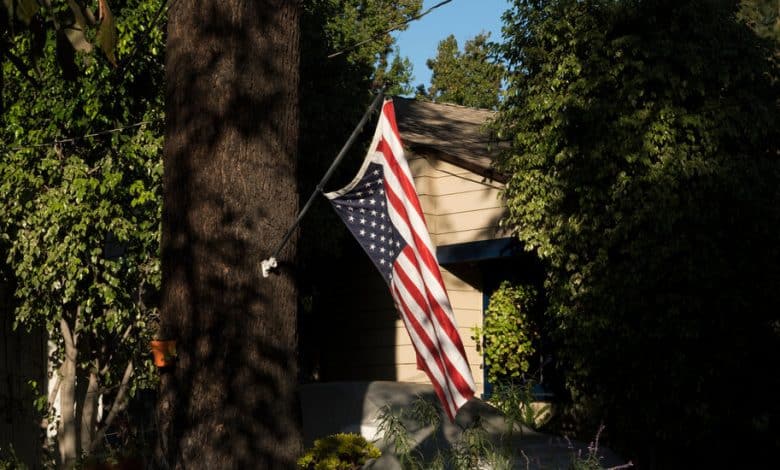What Barack Obama Understood About America

The conventional wisdom is that Donald Trump’s trial over his alleged efforts to buy the silence of a porn star on the eve of the 2016 election is the least important of the cases against him. Politically that may be true. But more than any of the other cases, this one is revealing of a trend ailing America today: how much we’ve lost our moorings as a society.
How so? The environment offers a good answer. Almost 30 years ago I visited the Atlantic Forest in Brazil with a team from Conservation International, and its members taught me about all the amazing functions that mangroves — those thickets of trees that often live underwater along tropical coastlines — perform in nature. Mangroves filter toxins and pollutants through their extensive roots, they provide buffers against giant waves set off by hurricanes and tsunamis, they create nurseries for young fish to safely mature because their cabled roots keep out large predators, and they literally help hold the shoreline in place.
To my mind, one of the saddest things that has happened to America in my lifetime is how much we’ve lost so many of our mangroves. They are endangered everywhere today — but not just in nature.
Our society itself has lost so many of its social, normative and political mangroves as well — all those things that used to filter toxic behaviors, buffer political extremism and nurture healthy communities and trusted institutions for young people to grow up in and which hold our society together.
You see, shame used to be a mangrove. It used to be that if you were a candidate for president of the United States and it was alleged — with a lot of evidence — that you falsified business records to cover up sex with a porn star right after your wife had given birth to a child, you would lower your head in shame, drop out of the race and hide under the bed. That shame mangrove has been completely uprooted by Trump.
The reason people felt ashamed is that they felt fidelity to certain norms — so their cheeks would turn red when they knew they had fallen short, explained Dov Seidman, the author of the book “How: Why HOW We Do Anything Means Everything” and founder of the How Institute for Society and LRN.
